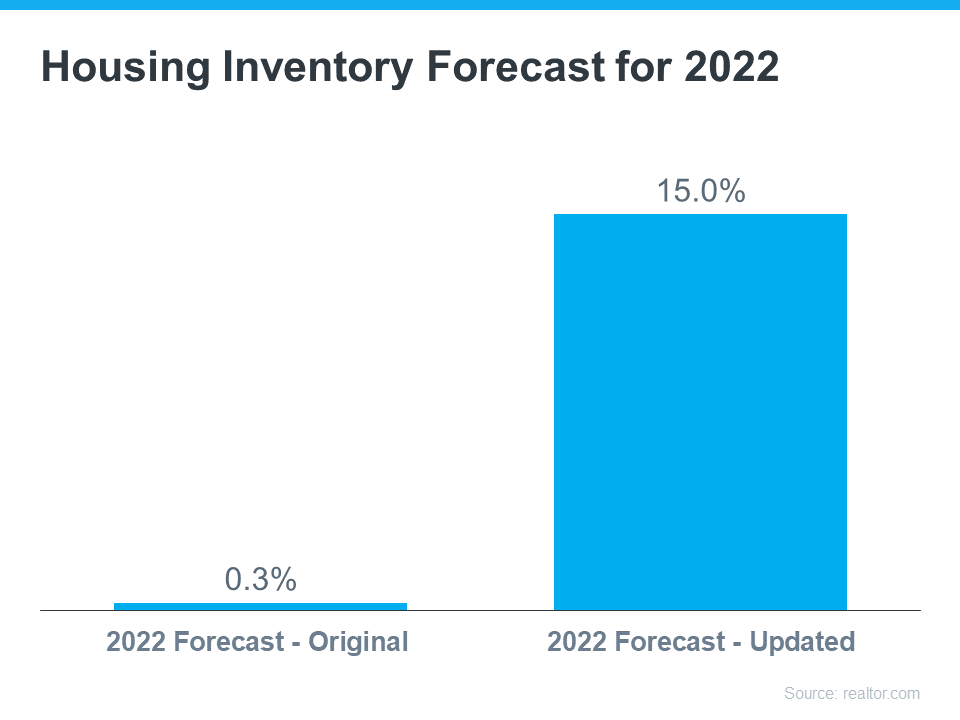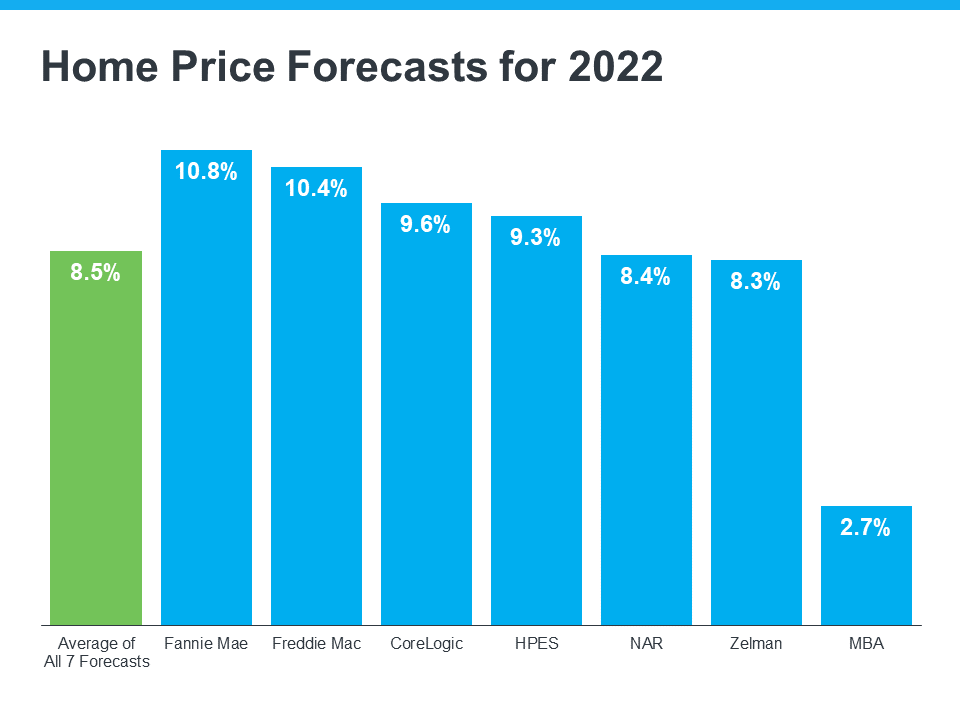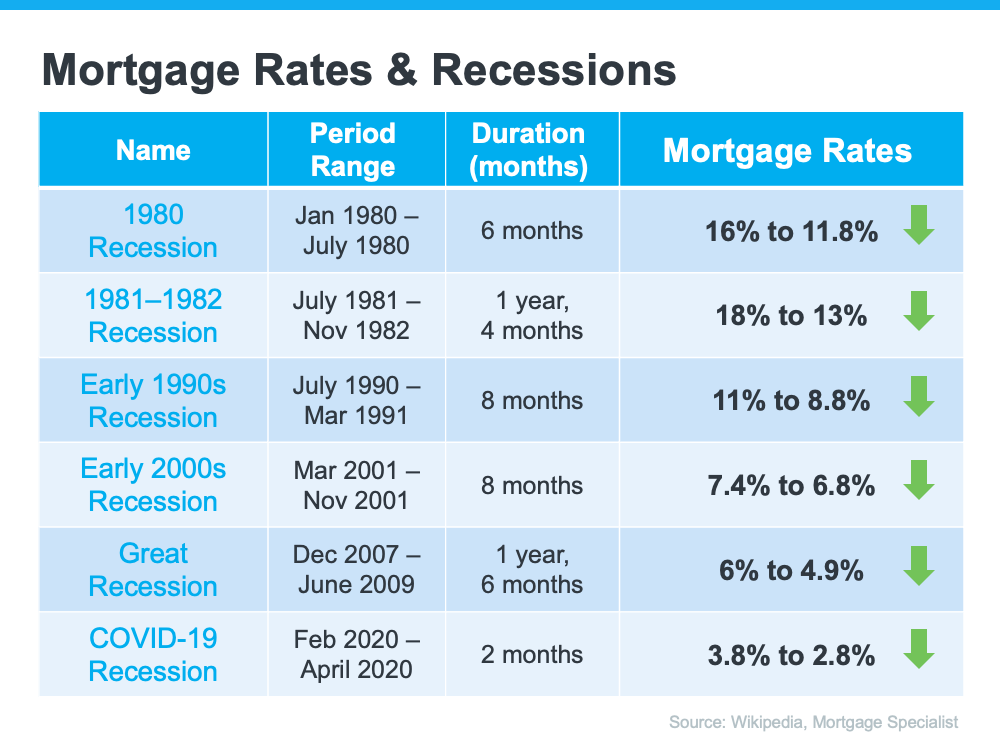Congratulations to Vikki Garby: 2024 Q3 Sales Leader for BHGRE Green Team’s Warwick Office!

We are excited to announce that Vikki Garby has been named the 2024 Q3 sales leader for Better Homes and Gardens Real Estate Green Team’s Warwick office! Vikki’s commitment to her clients, passion for real estate, and tireless work ethic have helped her achieve this well-deserved honor, and we couldn’t be more thrilled to celebrate her success.
A Results-Driven Professional
Vikki’s success stems from her deep understanding of the real estate market and a results-driven approach that consistently delivers outstanding outcomes for her clients. Whether she’s working with buyers, sellers, or investors, Vikki brings a sharp focus and unwavering dedication to every transaction. Her ability to navigate the complexities of the real estate market and anticipate her client’s needs has made her a trusted and sought-after agent in the Warwick area.
Known for her proactive communication, attention to detail, and exceptional problem-solving skills, Vikki goes above and beyond to ensure that each client’s experience is smooth and successful. Her clients praise her ability to make them feel confident and informed throughout the entire process, resulting in long-lasting relationships and countless referrals.
Deep Local Knowledge Paired with Expertise
As a longtime resident and active member of the Warwick community, Vikki’s intimate knowledge of the local market is one of her greatest strengths. She is able to offer her clients invaluable insights into the area’s neighborhoods, schools, and market trends, giving them a competitive edge. Whether working with first-time homebuyers or seasoned investors, Vikki tailors her approach to meet her client’s specific goals, providing customized advice and strategies that maximize results.
Her ability to combine local expertise with a keen understanding of broader market dynamics allows Vikki to position her clients for success, no matter the challenge. Whether helping buyers find their dream home or guiding sellers in positioning their property to attract top offers, Vikki’s strategic mindset ensures exceptional results.
A Leader and Mentor
Beyond her impressive sales numbers, Vikki is a respected leader and mentor within the BHGRE Green Team. She is always eager to share her insights and support her colleagues, contributing to the collaborative and inclusive culture that defines our Warwick office. Vikki’s positive energy and willingness to help others achieve their goals have made her a valued resource and a respected figure among her peers.
Her leadership by example has not only earned her this quarter’s top spot but has also inspired those around her to reach new heights. Vikki embodies the team spirit we value at BHGRE Green Team, and her commitment to excellence helps elevate everyone she works with.
Client-First Mentality
What truly sets Vikki apart is her client-first mentality. She understands that real estate is not just about buying or selling properties—it’s about making life-changing decisions. Vikki takes pride in guiding her clients through these critical moments, offering thoughtful advice and personalized service every step of the way. Her honesty, integrity, and relentless focus on her clients’ needs have made her one of the most trusted agents in the Warwick area.
Her clients consistently highlight her dedication, noting that she listens carefully to their needs and works tirelessly to make their dreams a reality. Whether negotiating deals or navigating complex situations, Vikki’s calm and confident demeanor ensures that her clients feel supported and empowered.
Celebrating a Well-Earned Achievement
We are incredibly proud of Vikki Garby for earning the title of 2024 Q3 sales leader for our Warwick office. Her hard work, dedication, and passion for real estate are an inspiration to us all. This achievement is not just a reflection of her outstanding sales performance, but also of her commitment to excellence in everything she does.
Congratulations, Vikki! We are excited to watch your continued success as you lead with integrity, drive, and a true passion for helping others. Whether you’re looking to buy, sell, or invest, Vikki Garby is the trusted expert who can guide you through your next real estate journey.
Kristi Anderson, the 2024 Q3 Sales Leader for BHGRE Green Team’s Vernon Office!

Kristi Anderson, the 2024 Q3 Sales Leader for BHGRE Green Team’s Vernon Office!
We are thrilled to announce that Kristi Anderson has been named the 2024 Q3 sales leader for Better Homes and Gardens Real Estate Green Team’s Vernon office. Kristi’s hard work, dedication, and commitment to excellence have led her to this outstanding achievement, and we couldn’t be prouder to celebrate her success!
Kristi has long been a vital member of our team, known for her market expertise, personalized client service, and unwavering dedication to helping clients find their dream homes or sell properties with ease. She brings a thoughtful, detail-oriented approach to every transaction, ensuring that her clients feel supported and informed throughout the entire real estate process.
A True Advocate for Her Clients
Kristi’s exceptional ability to truly listen to her clients and understand their unique needs sets her apart. Whether she’s working with first-time homebuyers, seasoned investors, or sellers, Kristi consistently goes above and beyond to ensure each transaction is smooth, efficient, and stress-free. Her deep knowledge of the local market allows her to provide valuable insights, giving her clients a competitive edge.
A Leader Among Peers
Kristi’s success is reflected in her sales numbers and the relationships she’s built within our team. Her peers recognize her as a trusted mentor and a valued resource, always willing to lend a hand or share her expertise. Her ability to inspire and collaborate with fellow agents adds to the positive, supportive culture we pride ourselves on at BHGRE Green Team.
Dedication to Excellence
This latest achievement is a testament to Kristi’s relentless work ethic and her passion for real estate. She has consistently set high standards for herself, and her accomplishments speak volumes about her dedication. As the 2024 Q3 leader for the Vernon office, she has not only demonstrated excellence in her own business but has also contributed significantly to the overall success of the team.
Congratulations, Kristi, on this well-deserved honor! We are excited to see what the future holds as you continue to shine and make an impact in the real estate industry.
Tom Folino Has Reached the 2024 Commission Cap!

Congratulations From Dana Green, President Of Better Homes and Gardens Real Estate Green Team, to Tom Folino for reaching the commission cap for Company Dollar Contribution in 2024!

“I am beyond excited to announce that Tom Folino has reached the CAP for 2024! Tom is not only an exceptional realtor but also an incredible team member who continuously goes above and beyond. He’s always eager to learn and grow as well as share his knowledge and assist the other members of our team with their own success. His dedication to his clients is unmatched, and his friendly, positive presence brightens our office every day. Congratulations, Tom! This achievement reflects your hard work and unwavering commitment to excellence. We’re so proud to have you as part of our Green Team family, and we can’t wait to see what else you accomplish!”
-Dana Green
Tom’s dedication to his clients and hard work has allowed him to reach the cap on her commission with BHGRE Green Team. This is an outstanding accomplishment and means Tom will now receive a 100% commission split on any deal he closes during 2024.

“I’m very thankful for the trust that my clients have placed in me to be their real estate agent, and I take that responsibility very seriously. My #1 priority is to help my clients achieve their goal of selling, buying, or renting. Without my clients, reaching the cap once again this year wouldn’t have been possible, So a big heartfelt Thank you to all of you who have placed that trust in me!
Reaching the cap is something all agents should be very proud of. In this business, it’s all about getting the job done for your clients while making the process as enjoyable and stress-free as possible for them. . When you teach the “Cap” it gives you a sense of accomplishment and is a reward for all of the hard work and commitment you have given to the process and more importantly, to your clients. I also want to thank our leadership team for giving us the tools we need to be successful in this business. The training, marketing and support that is offered definitely enhances our ability to be the Best we can be.”
Better Homes and Gardens Real Estate Green Team’s commission structure is undoubtedly one of the finest in the industry, but it doesn’t end there. Our lead generation platform, certified sales assistant program, and dynamic training systems are just a few other things worth mentioning.
Click here to learn more about Better Homes and Gardens Real Estate Green Team and why you should join our team.
Congratulations, Tom!
Congratulations Kristi Anderson!

Kristi is the 2024 First Quarter Sales Leader for BHGRE Green Team’s Vernon Office!
We are thrilled to congratulate Kristi Anderson for her remarkable achievement of once again clinching the title of Sales Leader for the 1st quarter of 2024. This achievement marks the second consecutive quarter that Kristi has emerged as the top performer in our BHGRE Green Team’s Vernon, NJ office.
A Legacy of Excellence
Kristi’s exceptional skills, industry knowledge, and unparalleled commitment to her clients have consistently set her apart. Her relentless pursuit of excellence and passion for helping clients find their dream homes have made her a trusted and respected name in the real estate industry.
Continued Success
Kristi’s impressive track record speaks for itself. Not only has she once again achieved the position of quarterly Sales Leader, but she has also continued to exceed expectations with her outstanding performance. Her ability to consistently deliver exceptional results is a testament to her unwavering dedication and extraordinary accomplishments.
Additionally, this recent achievement adds another accolade to Kristi’s already impressive resume. Kristi received Gold Level recognition at the New Jersey Circle of Excellence Awards, the BHGRE Gold Sales Award, and the Citizen of the Year award for her valuable contributions and outstanding support to our community. Her previous sales leadership accomplishments show Kristi’s commitment to excellence shines through in every aspect of her work.
Going Above and Beyond

What sets Kristi apart is her dedication to ensuring a stress-free experience for her clients. In addition to her exceptional service, Kristi goes above and beyond by providing a unique benefit to her clients – her very own moving truck. Any of Kristi’s buyers or sellers in New York can use this truck free of charge, saving them time, money, and hassle. This thoughtful gesture reflects Kristi’s commitment to her client’s satisfaction and underscores her reputation as a real estate agent who truly cares.
Congratulations, Kristi!
We are immensely proud to have Kristi Anderson as a valued member of our team. Her continued success is a testament to her hard work, dedication, and unwavering commitment to excellence. Congratulations, Kristi, on another well-deserved achievement. Here’s to many more milestones together!


 Facebook
Facebook
 X
X
 Pinterest
Pinterest
 Copy Link
Copy Link

























